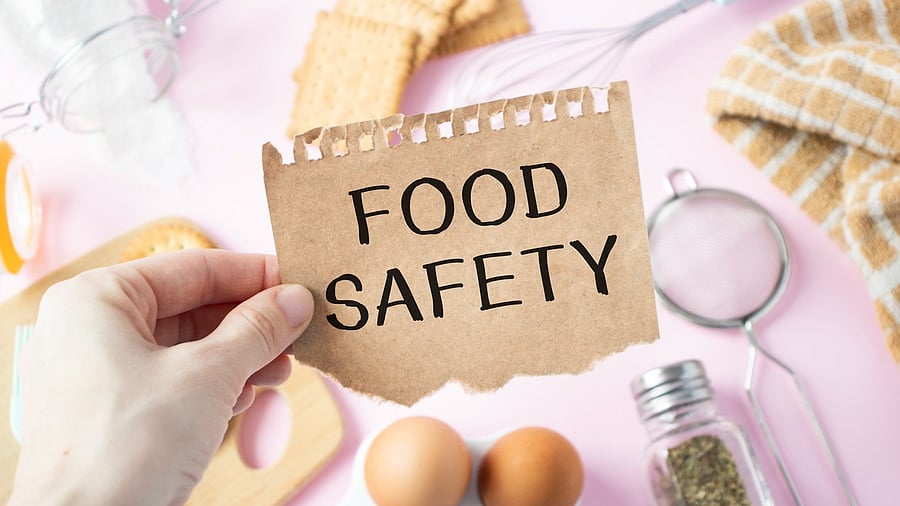
Representative image for food safety
Credit: iStock Photo
Union Minister of State for Health and Family Welfare Prataprao Ganpatrao Jadhav’s call for a nationwide strategy for stricter monitoring of pesticide residues in food has special significance. At a function organised by the Food Safety and Standards Authority of India (FSSAI), the minister said all stakeholders must work together in promoting best practices for food safety and sustainability. He also stressed the need to review existing practices in pesticide monitoring and suggested that “a robust mechanism to address the challenges of pesticide residue” should be created in the country. Contamination of food with pesticides is a major threat to public health and it is for the governments, both at the Central and state levels, and their agencies to take the initiative to ensure that food and food products are free of health hazards. The threat has increased with the spread of commercial farming and the increased use of pesticides.
The harm done by pesticides is well documented. Scientific bodies in India and organisations like the WHO have many times issued warnings against pesticide residues in food. WHO has noted the prolonged presence of some pesticides in soil and water. Many of them are in use, especially in developing countries, despite a ban. WHO has developed norms for maximum pesticide residue but they are not followed. People who directly come into contact with them face greater health risks. Fruits and vegetables are deliberately spiked with harmful chemicals to make them last longer, to ripen them, or to make them appear shiny. These are injected into or sprayed on them. Widely consumed items such as pulses, milk, meat, and drinking water are most vulnerable.
Since self-regulation is difficult and consumers are often unaware of the contamination, it is the responsibility of government agencies to ensure that proper monitoring is done and food items are free of toxic substances. However, monitoring is poor. The agencies do not have the manpower to do the monitoring, the infrastructure to do the testing on a large scale, and the machinery to take follow-up action. There is widespread corruption in matters related to testing and monitoring. The risk is increasing because more people are eating outside their homes. The problem is real even in villages. Most people cannot afford what is sold as organic food. There are questions about how genuine they are, too. The FSSAI function was part of a series of consultations with stakeholders on issues like sustainable packaging, nutraceuticals, and antimicrobial resistance. The governments should initiate stronger measures to ensure that the food people consume is safe and does not damage their health.
